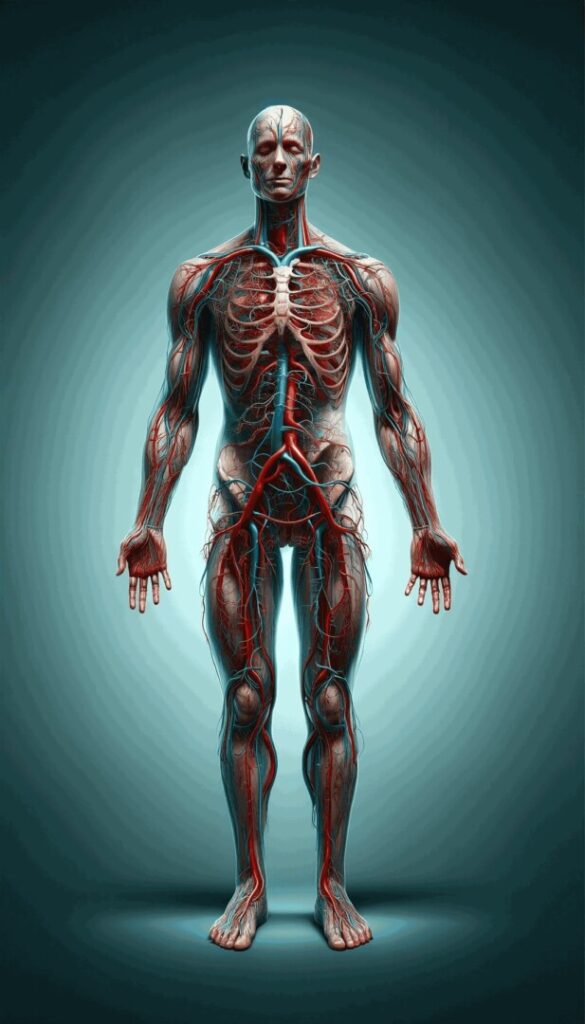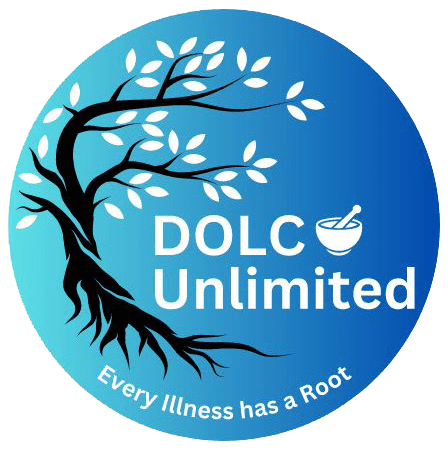Blood Pressure

One of the biggest predictors of heart disease is blood pressure, but many do not understand how it works. It depends on two things: how much blood your heart pumps and how narrow or wide your blood vessels are. When your heart beats, blood pushes against the walls of these vessels creating pressure we can measure.
Normally blood pressure changes throughout the day, it increases during strenuous activities such as exercise or stress and decreases when we are relaxed or sleeping. However, constant high blood pressure, also called hypertension, can be tough on your heart and blood vessels leading to problems like heart disease or stroke over time.
You can imagine blood pressure as the force of water flowing through a hose, too much pressure and the hose can rupture or water can start backing up.
Doctors measure blood pressure in millimeters of mercury (mm Hg) with two numbers. The first top number is the pressure when your heart beats (systolic pressure), and the second bottom number is the pressure when your heart rests between beats (diastolic pressure).
A normal blood pressure is below 120/80 mmHg. However, the risk of heart problems can start even at 110/70 mmHg. For every increase of 20/10 mmHg, the risk of heart problems doubles. Before the age of 50-55, the lower number (diastolic) is a better sign of risk. After 50-55, the upper number (systolic) becomes more important for indicating risk.
The cardiovascular system is like a vast network of roads, about 60,000 miles long, inside your body. This network is lined with a special layer of cells called endothelial cells. They are like the surface of the road and help control what goes in and out of the blood vessels.
When this “road surface” gets damaged, problems like high blood pressure, heart disease, and damage to important organs like the kidneys and heart can occur. This damage can be caused by many things, such as not getting enough nutrients, unhealthy fats in the blood, diabetes, not exercising, being overweight, or exposure to harmful substances from the environment.
But here’s the good news: if you tackle these root causes, you can often reverse high blood pressure. Much like a city fixing and preventing further damage to its roads for smooth travel. By improving the health of your arteries, you help your entire cardiovascular system work better therefore leading you to live a fuller life.
